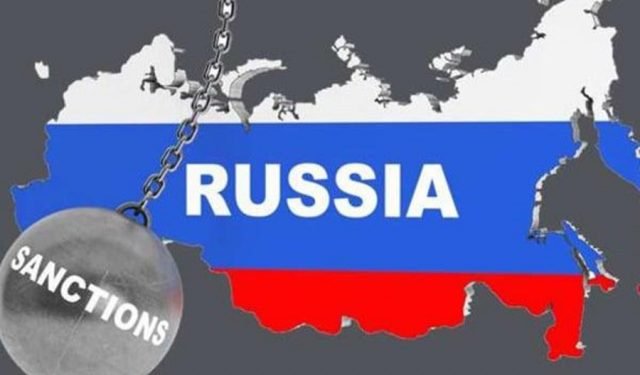The foreign ministers of France and Germany stressed the importance of imposing sanctions on Russia for the poisoning of Russian opposition politician Alexei Navalny, Reuters reported yesterday, Thursday. Meanwhile, BBC reports the UK Secretary of State for Foreign, Commonwealth and Development Affairs Dominic Raab announced that the UK stands with France and Germany.
Evidence that Navalny was poisoned with a nerve agent developed in Russia is irrefutable, Raab stressed, but Russian authorities continue to make no credible attempt to investigate the incident. He announced cooperation with UK’s international partners in targeting Russian officials and others responsible for the poisoning with sanctions.
France’s Minister of Europe and Foreign Affairs Jean-Yves Le Drian said it was important to stand firm and that entering a dialogue with Russia does not mean doing Moscow a favour, Reuters reported. While he sought to build a peaceful continent this did not rule out playing hardball when necessary. Dialogue is not an excuse for playing for time, he noted pointedly, and so the EU must stand up to Russia when it violates international rules.
His German counterpart Heiko Maas agreed on the importance of playing hardball, but said dialogue must continue especially since the EU needs to work with Russia to solve the conflicts in Syria, Libya and Ukraine.
EU leaders are expected to approve the call for sanctions against Russia on Monday, once experts from all member states clear the necessary legal texts. A number of Western governments have called on Russia to help in investigations or face the consequences. Russia continues to deny accusations of its involvement in Navalny’s poisoning. The speed with which Germany and France agreed to push for sanctions suggests that the EU’s stance towards Russia is hardening. Moscow warned on Wednesday that business as usual is no longer possible with the two EU member states.
Speaking on Thursday at the Globsec Tatra summit in Bratislava, Slovakia, Maas called for an international response to the Navalny poisoning but cautioned that the reaction must not be treated as a conflict between Germany and Russia. The issue and its consequences must be seen as European, rather than German-Russian, he remarked.
SOURCE




